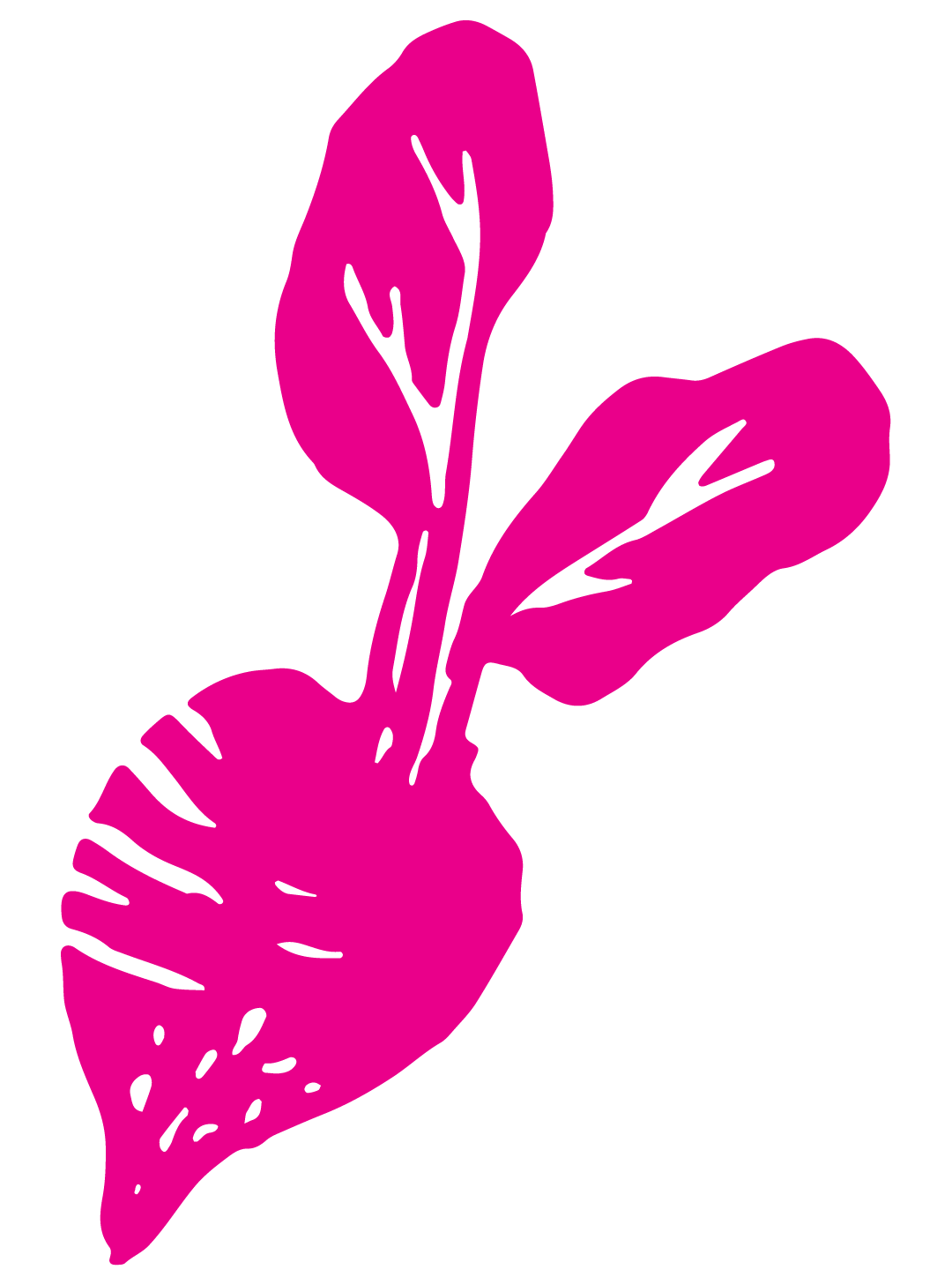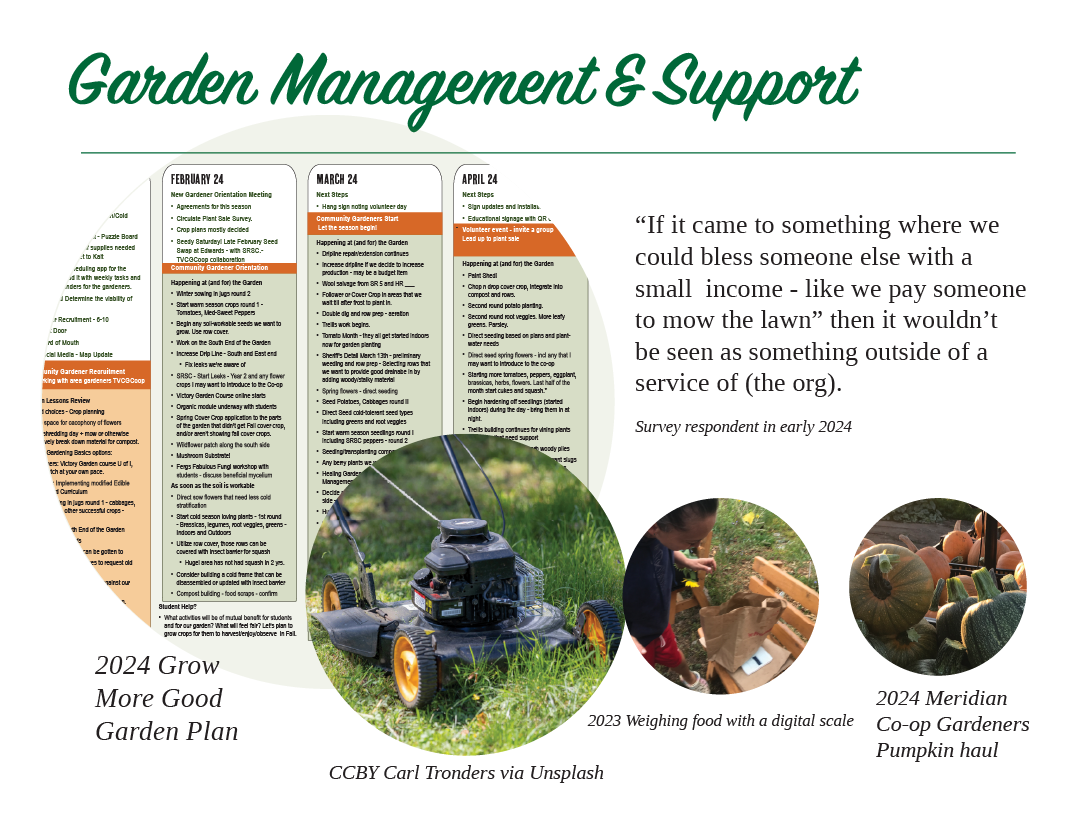Green Space Garden Mixer 2025 ReCap
By MaryK | TVCGCoop Co-Founder
January 24th, 2025
Thank You for an Incredible Evening!
A huge thank you to everyone who joined us on Tuesday evening, and for all those who wanted to make it but had things come up! Your support for this effort means everything. Together, we have been building momentum for work that strengthens our community and supports sustainability.
A special shoutout to Alene Hortin, the Master Gardeners, the Boise School District Green Teams, and Rolling Tomato for collaborating on this event, spreading the word, and sharing their knowledge and resources. Your contributions were invaluable in making this event a success!
Special Thanks to Our Website Supporters
We are so grateful to Matt Denning, Juli Bokencamp, and Dawn Bolen for their generous support, which has allowed our website and infrastructure to remain active for the next three months. This vital resource connects our network of gardens and provides a foundation for continuing this work. Your belief in this mission has given us a shot at making this effort thrive, and we couldn’t do it without you.
Matt Denning: For sharing the knowledge and inspiration of his permaculture forest, just minutes from downtown Boise.
Juli Bokencamp: For being a mentor to so many area gardens and offering expertise in running cooperative spaces.
Dawn Bolen: For contributing this deeply inspiring article on how school gardens bridge the gap between education, nature, and food systems, fostering hands-on learning and connection.
Highlights from the Evening
We kicked things off with networking and a chance to explore stations using Garden Passports, covering popular topics and some challenges identified in 2024. Thank you to Boise United Stampers and the Open Letter Collective for adding creative energy to this special part of the event!
During the presentation, we celebrated the incredible work of past years while shining a light on the continued importance of community gardens. Here are some key points we shared:
Community Impact: Community gardens are vital spaces for growing food, fostering connections, and teaching sustainability.
Challenges: Gardens are facing serious pressures. High rents, rising food costs, and competing demands on time are making it harder for the next generation to take on garden management roles. We’ve also seen gardens drop off, with fewer resources available to broadly survey or support all gardens in the area.
Opportunities: There has been a surge of interest in school gardens as part of green space education, as well as growing awareness of the connections between social compassion and justice, climate resilience, and food systems.
We wrapped up this portion of the evening with a presentation celebrating the work of community gardens in our area, the bold response to the emergency COVID presented in 2020. With that, an honest reflection on the current reality: to continue effectively growing and adapting with this incredible network, this effort requires additional momentum, funding, and collaborative partnerships to be sustainable.
Do you have some possibilities to share? Email us at tvcgcoop@gmail.com!
The Generational Value of Green Spaces
Green spaces, like school and community gardens, are about more than just growing food—they are about preserving opportunities for our younger generation and sharing essential life skills that benefit everyone. These spaces help us find peace, foster connection, and engage in healthy activities that make us calmer, more resilient, and more connected to our environment.
Participants shared powerful insights into the benefits of school gardens and other green spaces:
For Younger Generations: Green spaces provide hands-on learning about where food comes from, foster curiosity and appreciation for nature, and give children the chance to experience the outdoors. They build independence and life skills while reducing stress and increasing engagement.
For Communities: Green spaces act as bridges, connecting people to their food system and helping to foster food sovereignty—an essential step toward healthier, more equitable communities.
For Generations to Come: These spaces sustain a legacy of care, hope, and health, instilling values that can be passed down while adapting to meet the challenges of the future.
As Julia shared, “The value of green spaces in education truly cannot fit onto this page—it’s so needed!” Julia Sanderson is working with the Boise School District Green Teams, serving our area’s youth with amazing, engaging, well organized learning experiences in the school gardens space!
2025 Garden Tours: An Exciting Work in Progress
We’re very pleased to announce plans for Garden Tours this year, featuring the following gardens:
Boise Urban Garden School
Meridian Co-op Gardeners at Kleiner Park
King of Glory Community Garden
Surprise Valley Garden
Global Gardens
Discovery Co-op Garden
These tours are an incredible way to celebrate and connect with our community. They take time to do well, and some additional support would ensure they are a success, no matter what happens. Help with coordination, uplifting the promotion, and creating comfort for attendees is always appreciated.
We’d love to collaborate with partners who share a vested interest in seeing our garden spaces and initiatives like these thrive. Together, we can grow this effort and ensure its success!
Be sure to sign up for our email list (at the bottom of this page) to stay updated on the latest plans and confirmed dates!
Sustaining Our Valued Green Spaces
Four gardens in our area are currently seeking replacement managers, and three others are unsure how long they can continue operating. This challenge was a major focal point during the event.
We’re exploring ways to bring together key voices and ideas into a clear plan of action, and your insights or connections could play a key role in shaping what comes next. If you’re aware of grants, partnerships, or other resources that might advance these efforts—or if you’re interested in learning more about these discussions—please feel free to reach out.
You can email us at tvcgcoop@gmail.com to share suggestions or ideas. Together, we can chart a path forward to ensure these valued spaces continue to thrive.
Check out our list of Volunteer Resources, assembled in 2024 for some answers and options for this season.
Collaborating with Master Gardeners
Participants expressed a strong interest in classes and learning opportunities to enhance their gardening skills, including:
Composting demonstrations
A Community Gardener Boot Camp (development led by Ariel Agenbroad!)
Tips for organizing plots for vegetables, fruits, and flowers
Succession planting and cover cropping
Integrating cover crops with crop rotation
Seed starting and soil amendment practices
These topics were part of a station designed to connect Master Gardeners with gardens seeking specific classes. It’s always interesting for stakeholders to know what we’re working on and working towards!
Negating Food Waste
If your garden produces more than you need, start by checking out our list of local food pantries.
For occasional surplus (1–2 times per year), we recommend working with Rolling Tomato. Guidance includes valuing donated food at local retail rates to maximize impact and efficiency.
How Our Gardens Manage Weeds
Our community shared a wealth of strategies for effective weed management. Here are the key takeaways:
Preventative Measures:
Use silage tarps to suppress weed growth.
Plant crops densely to naturally crowd out weeds.
Control Techniques:
Pull weeds at the "white thread" stage, before they go to seed.
Monitor and manage biennial and perennial weeds to prevent establishment.
Differentiate between annual and perennial weeds to select the best control methods (e.g., managing taproots and spreading habits).
Garden-Specific Practices:
Use tougher solutions for hardscape areas.
Mow between rows and around garden perimeters. (Or connect with more gardeners!)
Apply membranes and wood chips on paths—many gardens source wood chips for free from local arborists.
Take weeds home for disposal or to compost facilities (like Diamond Street), often using garden budgets to support this.
Composting and Mulching:
Create large compost areas for managing weed debris.
Use ground covers and mulches; wood chips are a widely recommended, cost-effective solution.
Logo Update
We’re excited to share that the votes are in! The second version of the updated logo draft was unanimously chosen.
For those who couldn’t attend: sorry, this was one of those great opportunities that could only be had at the event! Look for the new logo next week on this site, and keep an eye out at area Boise Public Libraries where you can see it on our area garden maps!







